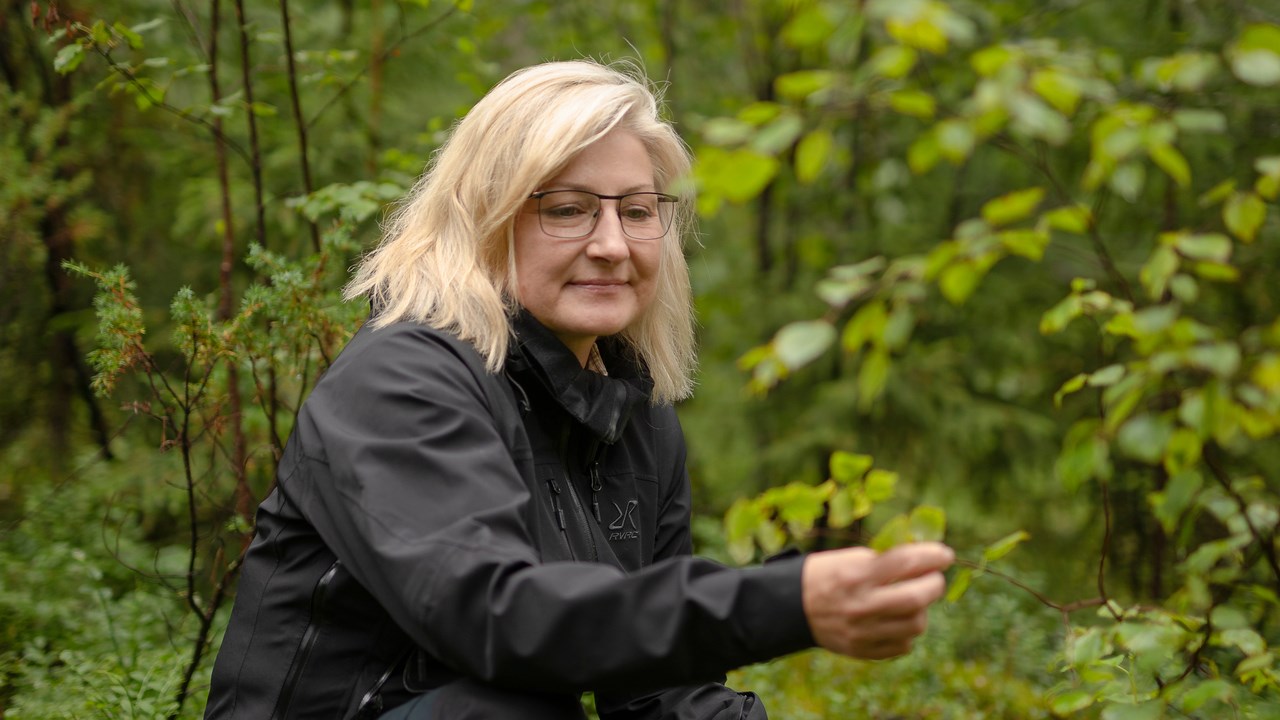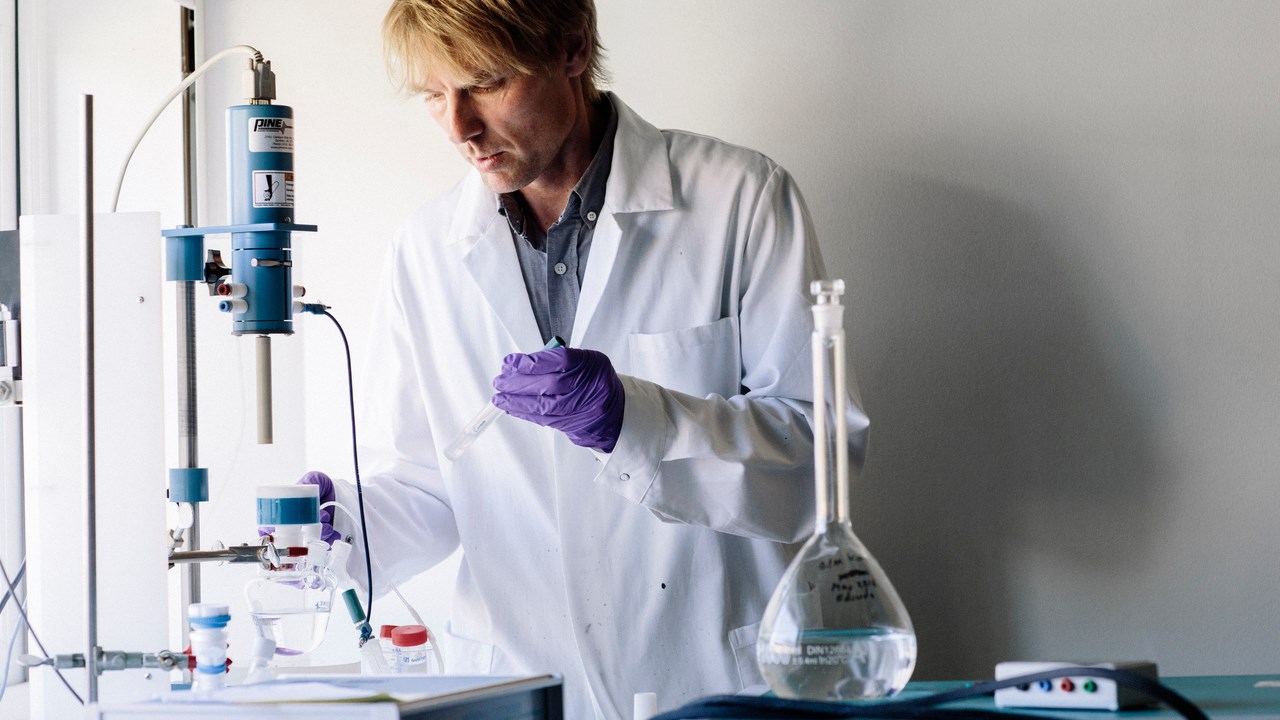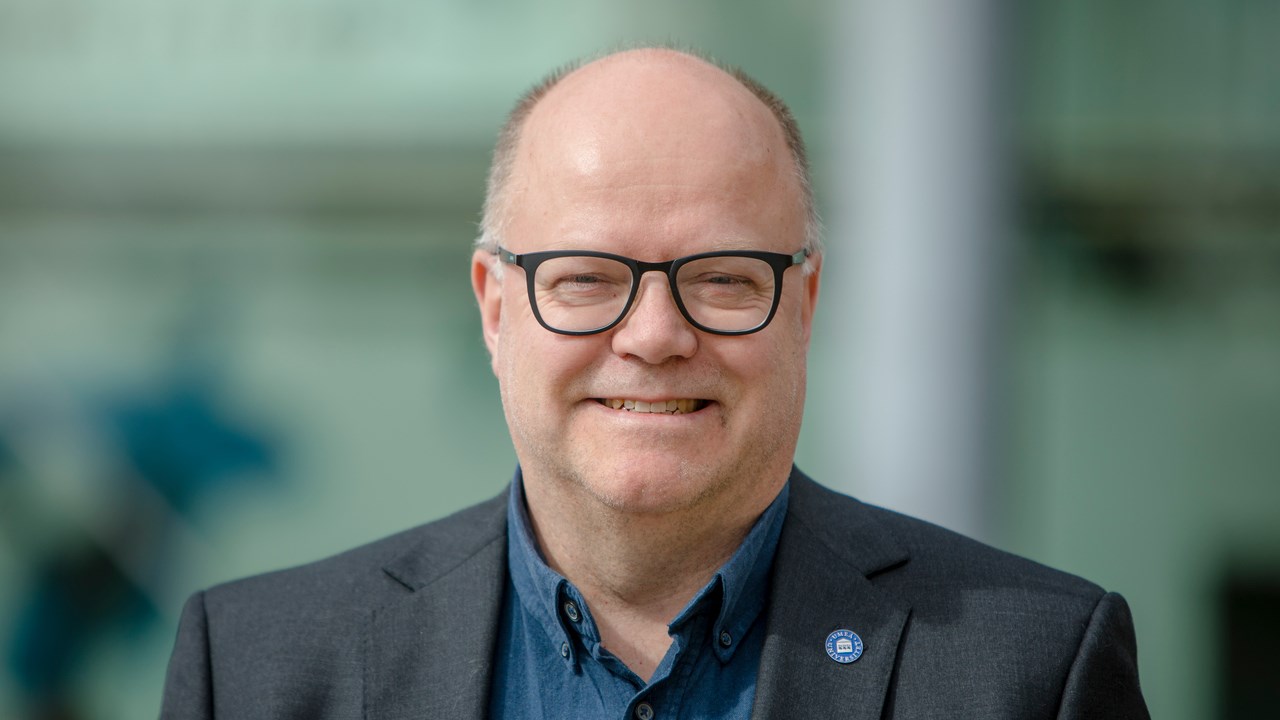This is Perspectives
Perspectives is a conference and event series at Umeå University that explores different perspectives on highly topical issues.
The focus is to create a forum for meetings between researchers and decision-makers, social actors, politicians and industry, etc.
The events are held in different shapes and sizes and end with a large conference. The 2024 conference takes place on 21–22 November, day two is open to all interested parties.
Each year focuses on a theme, in 2024 the theme is "Natural resources and sustainable development". The 2023 theme was "Societal transformation in the North".








